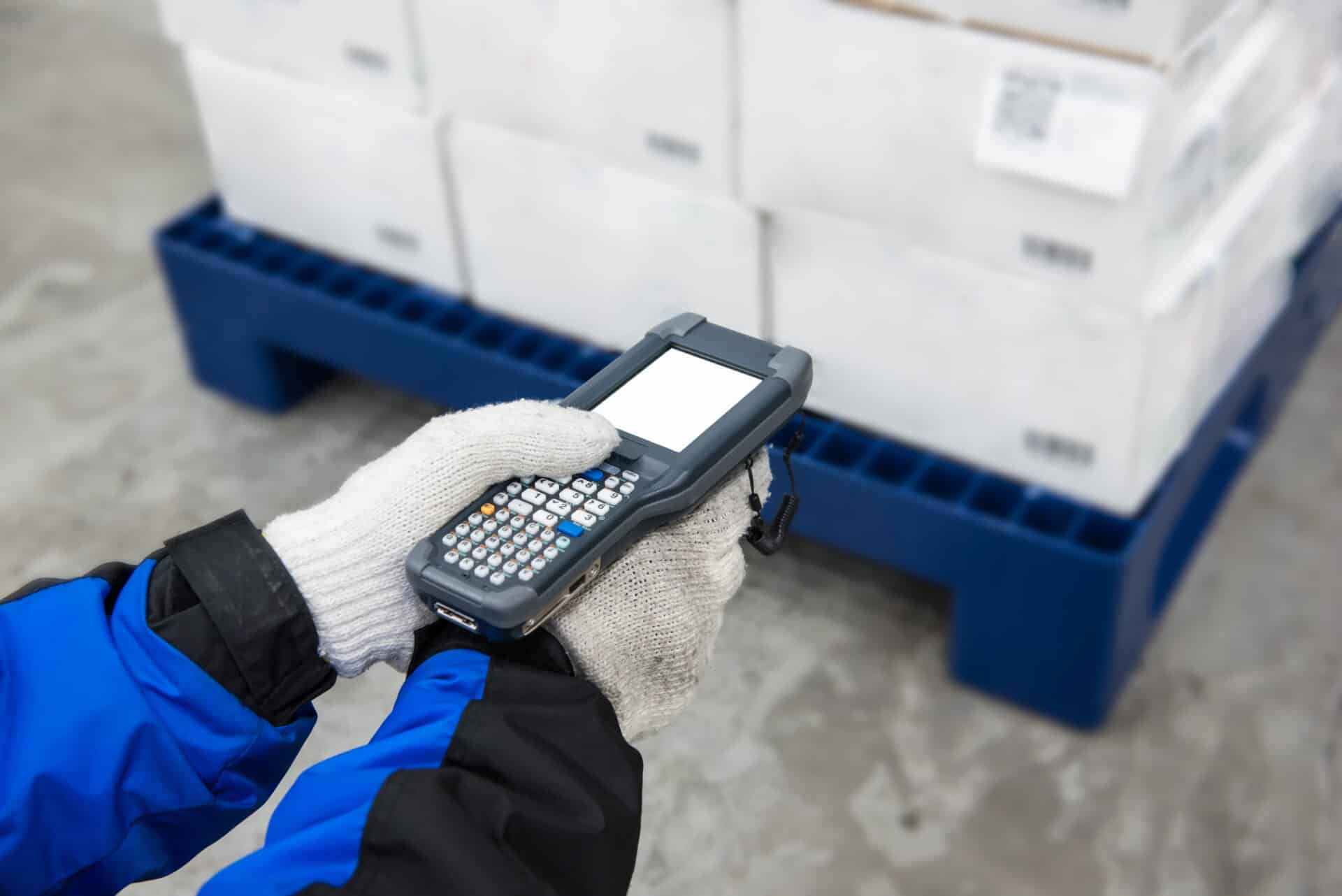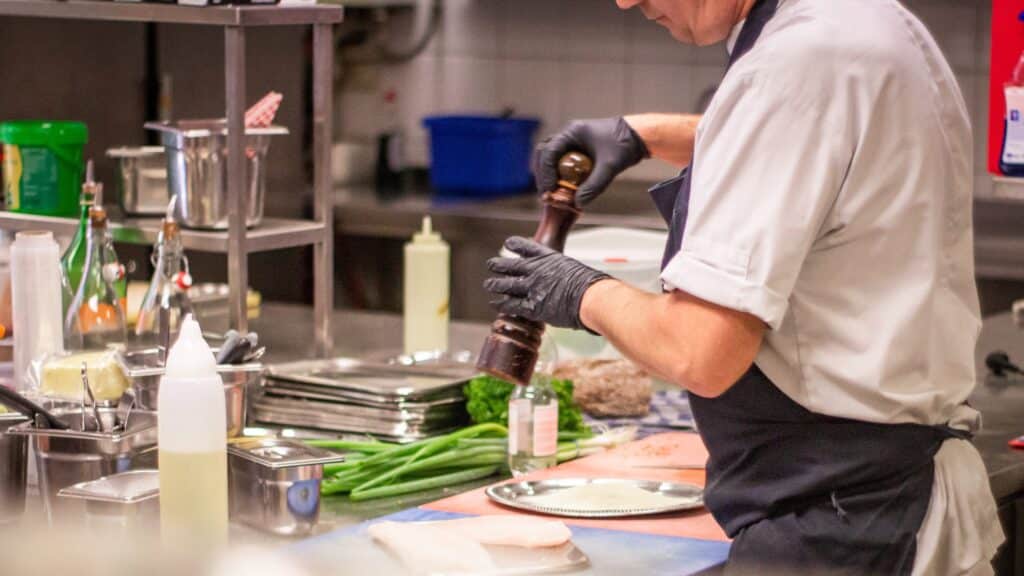A food sanitation consultant is a trusted guide in the food industry, helping businesses uphold high standards of cleanliness and safety. These consultants play a crucial role in ensuring food establishments operate smoothly without falling into costly and dangerous pitfalls caused by health violations. In any kitchen, maintaining proper hygiene isn’t just about regulations; it’s about the well-being of customers and the reputation of the business.
Health violations can bring about severe consequences. Imagine the impact of a minor oversight leading to food contamination; it could result in illnesses or even permanently tarnish a business’s name. Beyond the immediate damage, repeated violations might lead to hefty fines or even closures. This is where a food sanitation consultant steps in, using their expertise to not only identify potential threats but also to establish practices that prevent such issues from arising in the first place.
Identifying Contamination Sources
A food sanitation consultant has the keen eye necessary to uncover contamination sources that businesses might overlook. These sources can be anywhere, from kitchen surfaces to equipment and food storage areas. Contaminants can dwell in unexpected places, like behind counters or within machinery, and if not dealt with, could lead to serious health violations.
The consultant’s role starts with a thorough assessment. They examine the kitchen environment, looking out for red flags that might cause food safety issues. Some common contamination sources include:
– Unclean work surfaces
– Faulty or poorly maintained equipment
– Improperly stored food items
By identifying and addressing these areas, a consultant helps businesses avert the adverse effects of contaminated food. Moreover, recognizing and rectifying these problems early protects customers and preserves a restaurant’s credibility.
Implementing Proper Food Handling Practices
Proper food handling is the backbone of a safe kitchen. Without it, even the cleanest environment can become a risk zone. Food sanitation consultants empower staff with the knowledge and tools to handle food safely, turning potential lapses into opportunities for improvement.
Training sessions can introduce staff to methods like correct hand washing, proper chopping techniques, and mindful storage procedures. Here’s how consultants generally structure this training:
1. Identify the gaps in current food handling practices.
2. Develop a customised training programme that addresses these deficiencies.
3. Provide ongoing support and monitoring to ensure continued adherence.
These steps ensure that everyone in the kitchen is on the same page, minimising risks associated with improper handling. Consistent training and regular monitoring by a sanitation consultant help instil these best practices, making them almost instinctual for the staff. As a result, businesses experience fewer mishaps and build a safer environment that encourages trust and confidence from their clientele.
Ensuring Cleanliness of Food Preparation Areas
Keeping the food preparation areas spotless is a cornerstone of food safety. A food sanitation consultant takes a systematic approach to ensure every corner of the kitchen meets hygiene standards. They focus on setting up regular cleaning schedules, ensuring that nothing is left to chance.
Consultants work with the staff to choose the right cleaning products, ensuring they are safe and effective for use in food prep zones. A thorough understanding of which products to use helps in eliminating all traces of bacteria or contaminants. This attention to detail not only protects the food but also reassures customers that their meals are prepared in a safe and clean environment.
Maintaining cleanliness acts as a strong barrier against cross-contamination, which can occur when harmful bacteria from one area are transferred to another. With a well-maintained routine, the chances of such violations decrease significantly, safeguarding both the business and its patrons.
Establishing Effective Pest Control Measures
Pest control is yet another key area where a food sanitation consultant can really make a difference. Pests like rodents and insects don’t just cause immediate food contamination; they can also contribute to long-term structural problems in a kitchen if not addressed properly.
A consultant helps in designing an effective pest control strategy tailored to the specific needs of the establishment. This includes identifying entry points, setting up preventative measures, and arranging for regular pest inspections. It’s crucial that these steps are comprehensive, as a lapse in pest control can create a domino effect, leading to multiple health issues.
If pests manage to infiltrate the area, the results can be disastrous, leading to unwanted shutdowns or even legal troubles. By keeping pests at bay, consultants protect the safety of the food and maintain the overall hygiene of the kitchen, which prevents almost all avoidable health complaints.
A Lasting Commitment to Safety
In the end, preventing health violations isn’t just about addressing immediate concerns; it’s about fostering a culture of safety and responsibility in food establishments. Bringing a food sanitation consultant on board embodies this commitment, ensuring all areas from food preparation to handling and pest control are impeccably managed.
As kitchens everywhere strive for excellence, the guidance of a competent consultant becomes indispensable. They not only prevent health violations but also instill practices that enhance the quality and safety of the food being served for years to come. This commitment to cleanliness and safety forms a protective shield around a business, fostering trust and loyalty among its customers.
To ensure your kitchen maintains the highest standards of hygiene and efficiency, consider how MQM Consulting can support your business with expert guidance. Learn more about how a tailored food sanitation consultant service can help you prevent health violations and promote long-term food safety compliance.


